As moms, most of us want to make sure that our kids have a healthy balanced diet that isn't too high in any potentially harmful ingredient — particularly sugar. Often if there's an option labeled "sugar-free," parents will gravitate toward that item as opposed to its higher-calorie counterpart. But just because a product is marked "sugar-free" doesn't mean it isn't getting its sweetness somewhere. And would we really rather our kids eat fake sugar than the real thing? Because that's what they're doing — at an alarming rate.
Artificial sweeteners, including aspartame (NutraSweet, Equal), sucralose (Splenda), acesulfame-K (Sunett, Sweet One), and saccharin, are found in many of the foods and drinks kids adore. So it's no wonder a concerning new study published in the Journal of the Academy of Nutrition and Dietetics reveals that the number of children who consume these faux sweeteners increased by almost 200 percent from 1999 to 2012.
Just where are these chemicals hiding and why is this such potentially bad news?
For starters, while sugar substitutes might offer fewer calories, they're often linked to obesity and diabetes.
Researchers found that over 25 percent of children (up from 9 percent in 1999) reported consuming low-calorie sweeteners (LCSs), according to study author Allison Sylvetsky, assistant professor of exercise and nutrition sciences at the George Washington University Milken Institute School of Public Health. About 40 percent of adults consume LCSs, and most consumers reported ingesting fake sugar at least once daily (80 percent of children, 56 percent of adults). Importantly, she added, "Frequency of consumption increased with body weight in adults."
These findings seem to parallel a 2016 study published in the Journal of the American Medical Association Pediatrics that revealed pregnant women who drank more beverages containing artificial sweeteners were twice as likely to have children who were overweight or obese by their first birthdays, when compared to moms who drank less.
It's one thing to know we're serving our kids artificial sweeteners; it's another to be surprised by how many different snacks and beverages those artificial sweeteners are lurking inside.
As Tory Tedrow, in-house nutritionist for the healthy eating mobile app Sugarchecked, told CafeMom, "Anything labeled sugar-free is probably going to contain artificial sweeteners, so it is better to buy the conventional version and limit the portion size to cut back on sugar intake."
Let's take a look at some of the kid-friendly items we all have in our fridges, freezers, and pantry right now that contain LCSs without our even realizing it.

Mandarin Oranges
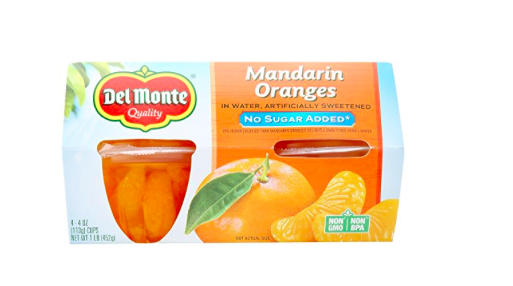
You'd think oranges are sweet enough on their own, but apparently not.
"Recently, my 18-month-old daughter ate some canned mandarin oranges at my parents' house," explained Diana K. Rice, RD, owner of Diana K. Rice Nutrition and author of the blog The Baby Steps Dietitian. "I didn't realize until after she'd eaten them that they were sweetened with sorbitol. My mom had thought that the 'no added sugar' on the label meant that they were canned in juice. Unfortunately, my daughter was up all night with stomach pains, as intestinal distress is common with sorbitol."
English Muffins
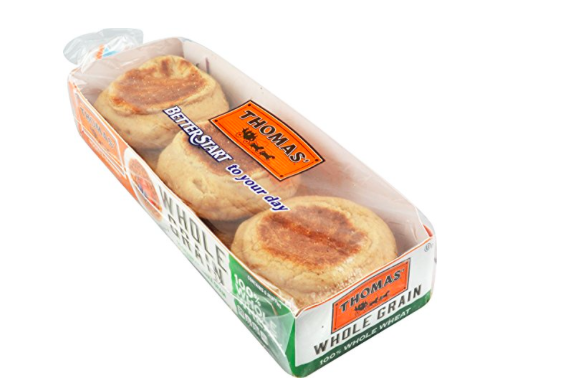
Who'd think this beloved breakfast staple had fake sugar stored in those nooks and crannies? But, as Rebecca Lewis, in-house dietitian at HelloFresh, points out, some Thomas' English Muffins products have sucralose, even though the packaging doesn't indicate that these are "light" or "low-calorie."
More from CafeMom: 16 Foods Nutritionists Never Ever Eat
Reduced Sugar Ketchup
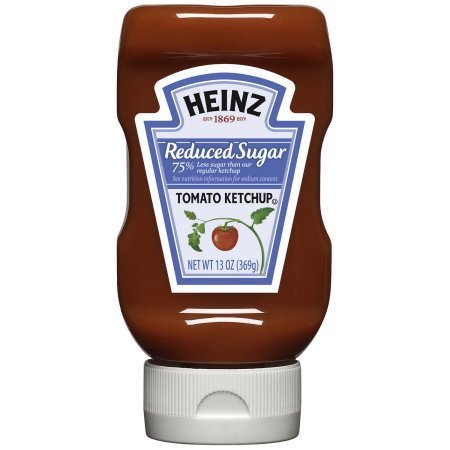
It seems odd to consider this condiment as a sugar-smuggler, but, alas, it is (which could be why kids will smother just about anything with it if you allow it). While this one boasts a "reduced sugar" label, it actually contains sucralose — meaning sugar has been replaced by a fake alternative.
Vitamins
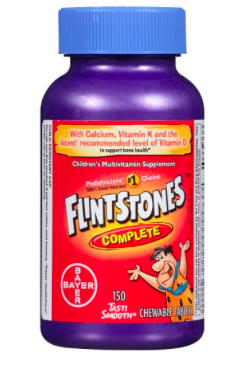
Wait! We thought vitamins were supposed to be good for you! Hiding inside your Flinstones chewables is sorbitol. In fact, it's one of the first few ingredients listed. We never would've suspected!
Vanilla Wafers
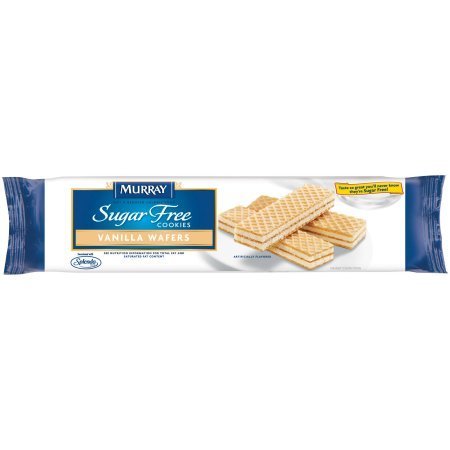
This beloved after-school snack couldn't possibly be "sugar free," could it? It turns out this variety contains acesulfame potassium, sucralose, and sorbitol. Sorbital can have a "laxative effect" should you consume an excessive amount. That's definitely more than you bargained for, right? And probably what upset the stomach of the toddler in slide #1.
More from CafeMom: 13 All-Natural Popsicles Kids & Grown-Ups Will Enjoy Without a Lick of Guilt
G2 Gatorade
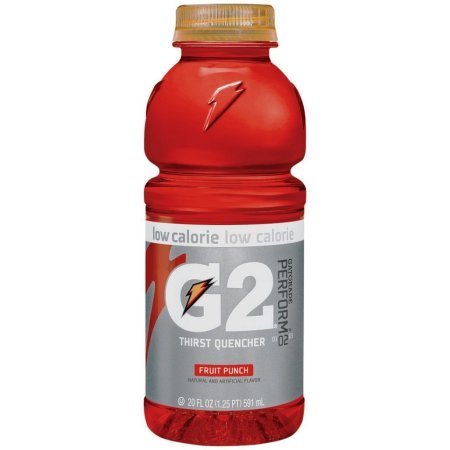
"Gatorade is found in school vending machines and at athletic events such as swim meets or basketball games. G2 Gatorade contains sucrose, sucralose, and acesulfame potassium," points out Connie Rogers, certified integrative nutritional holistic health coach.
It's so true. Plenty of kids love these grab-and-go sports drinks, which are supposed to keep you hydrated during your game or practice. But the low-calorie variety contain sucralose and acesulfame potassium.
More from CafeMom: 16 Chicken Soup Recipes That Will Make You Want to Kick the Can for Good
Pedialyte
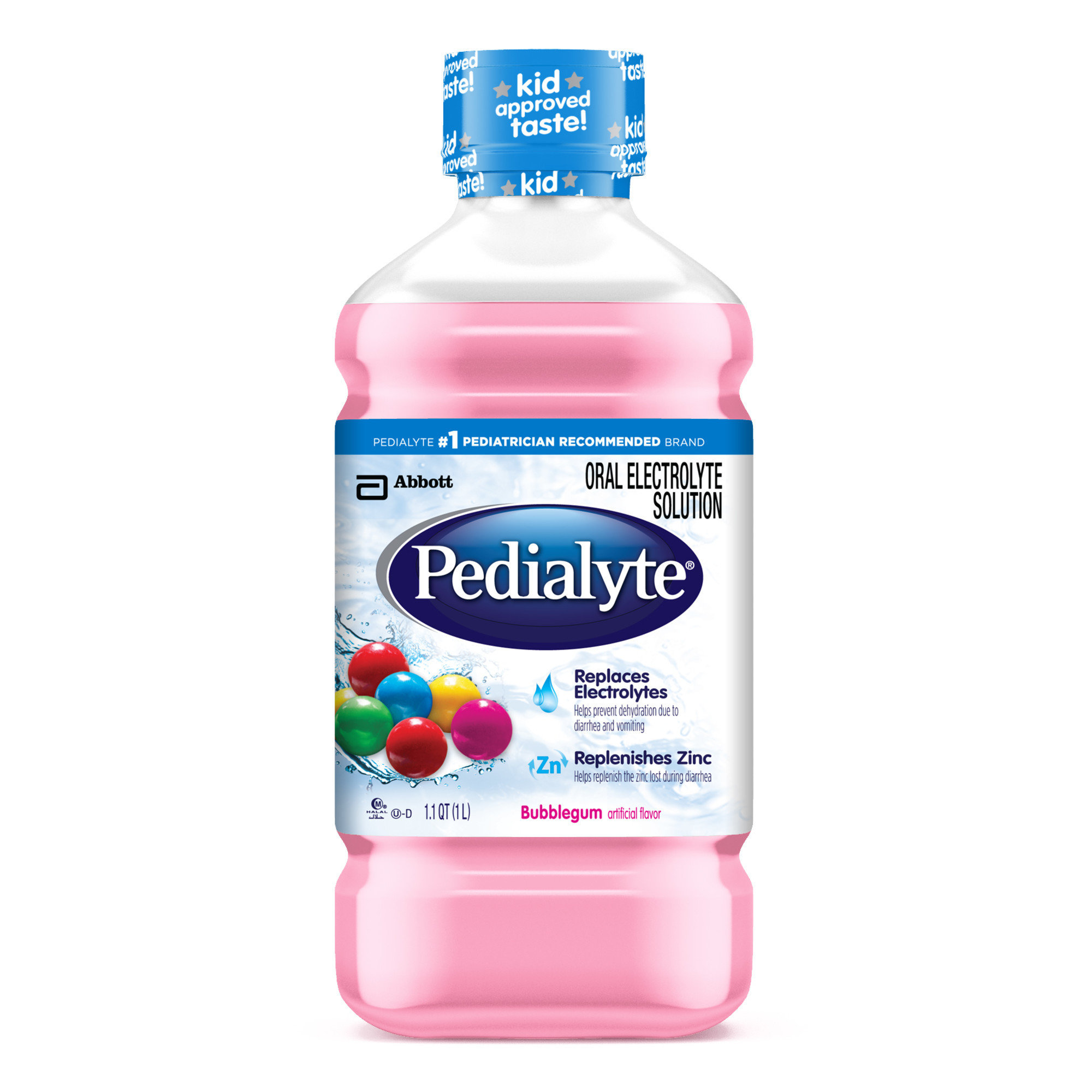
Though plenty of parents turn to this to prevent dehydration in their little ones, it contains sucralose and acesulfame-K. Guess without the sweetness, sick kids might not be as willing to wash it down.
More from CafeMom: Why Your Pediatrician Might Recommend Giving Your Baby Peanut Butter
Hershey's Lite Syrup
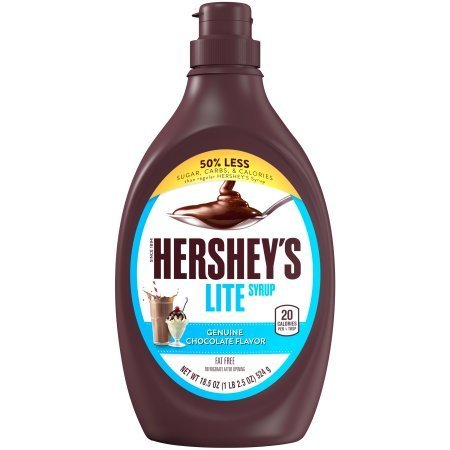
When you're about to whip up an ice cream sundae, it's tempting to shave off a few calories by using a "lite" syrup. But this one contains acesulfame potassium. So, in case you just thought this had a little less sugar making it "lite," that's not the case.
Sugar-Free Preserves
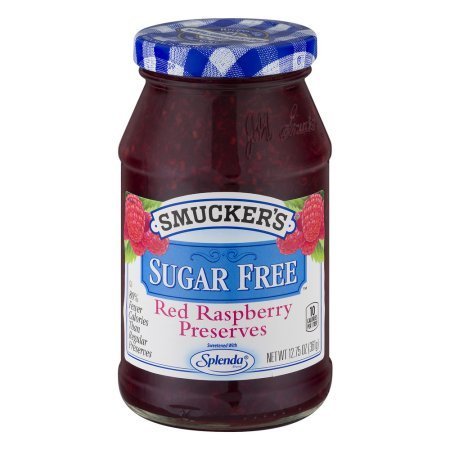
You'd think raspberries and strawberries are sweet enough on their own that manufacturers wouldn't even have to add much sugar at all, right? Well, these "sugar-free" preserves you and your kids enjoy on toast or with peanut butter contain Splenda. So, they're sweetened by more than Mother Nature. Sorry.
Light Cranberry Juice
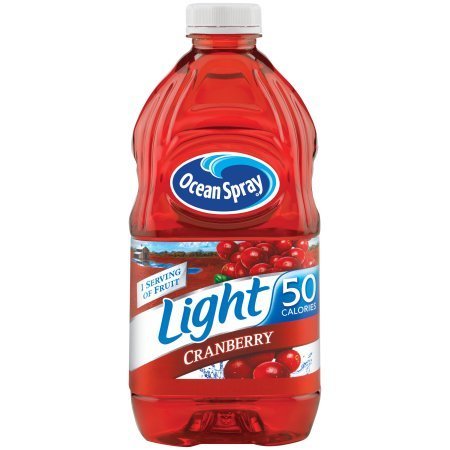
Cranberry juice sounds like it should be so healthy, right? Well, when you opt for the "light" variety, you're getting more than just a serving of fruit. This kind also contains acesulfame potassium and sucralose.
More from CafeMom: 13 Paleo Snacks You Don't Have to Be a Caveman to Love
Popsicles
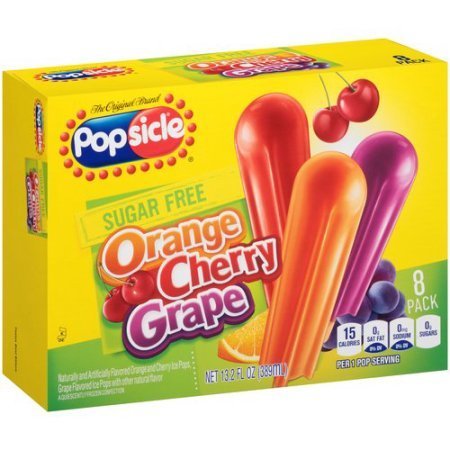
These summertime staples are hiding more than just cool, frosty fun. These sugar-free Popsicles get their sweetness from acesulfame potassium and aspartame. Do you feel your enthusiasm for them cooling?
Yogurt
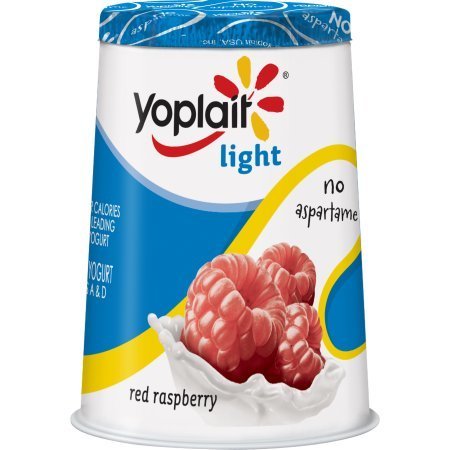
Most parents think of yogurt as a good-for-you, healthy snack. But these "light" variations contain acesulfame potassium and sucralose — and regular sugar as well. That's a mouthful!
Hot Chocolate
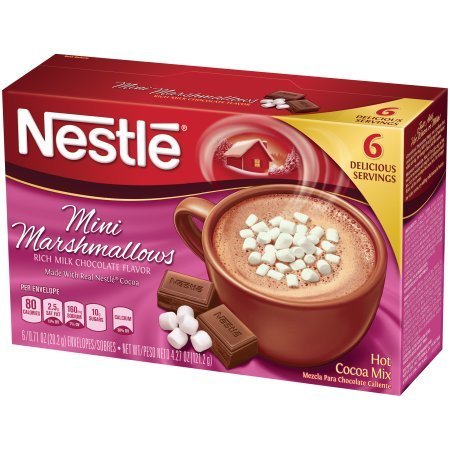
With just 80 calories per serving, this hot chocolate sounds like a sweet treat few could pass up, but in addition to real sugar (which is still listed as the top ingredient!), sucralose is in there as well.
Ice Cream
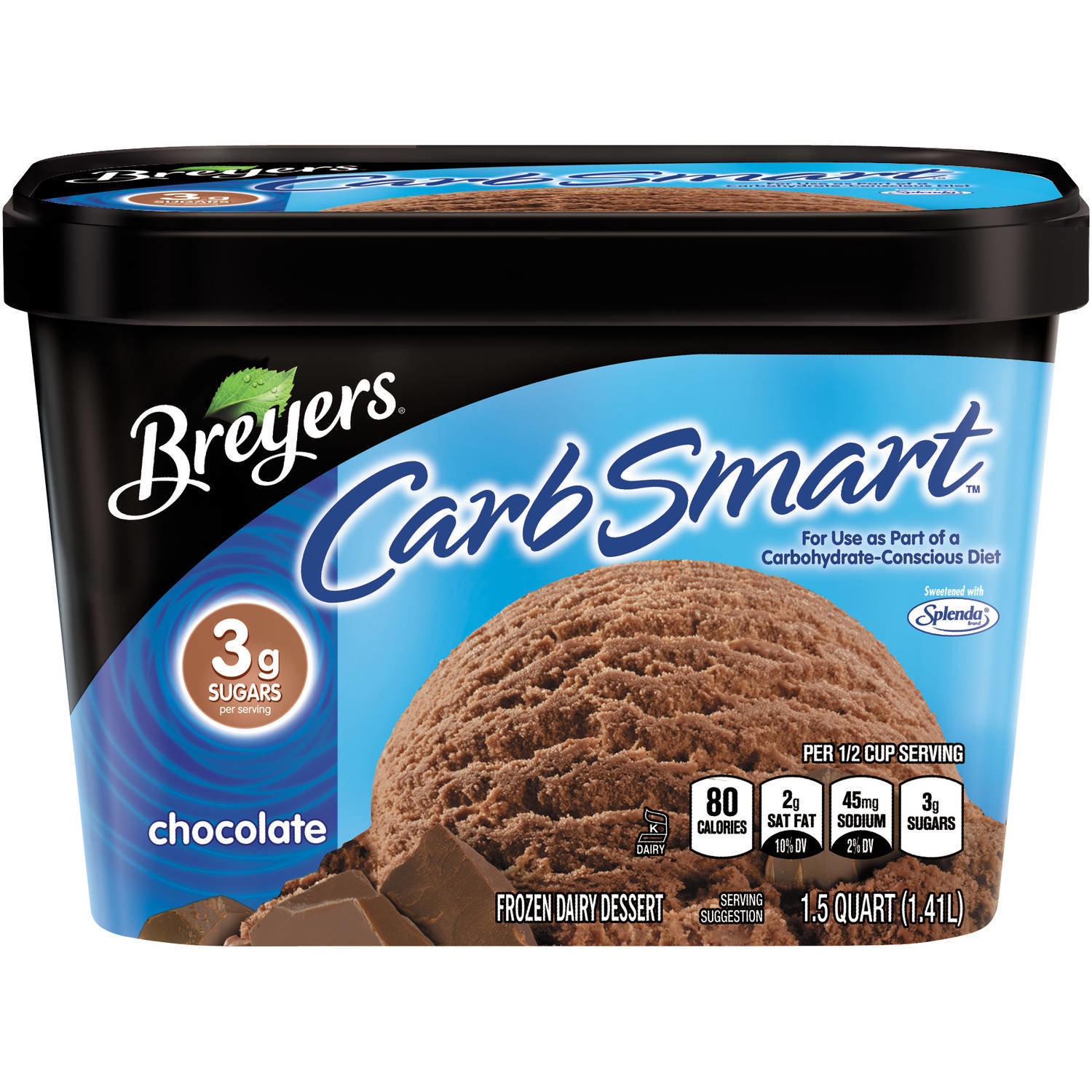
Because natural sugar is a carbohydrate, if ice cream wants to call itself "low-carb," then real sugar has to go. In its place? Three different kinds of artificial sweeteners fill in — sorbitol, acesulfame potassium, and sucralose (in this case Splenda). A naturally low-carb ice cream does sound too good to be true, right?




